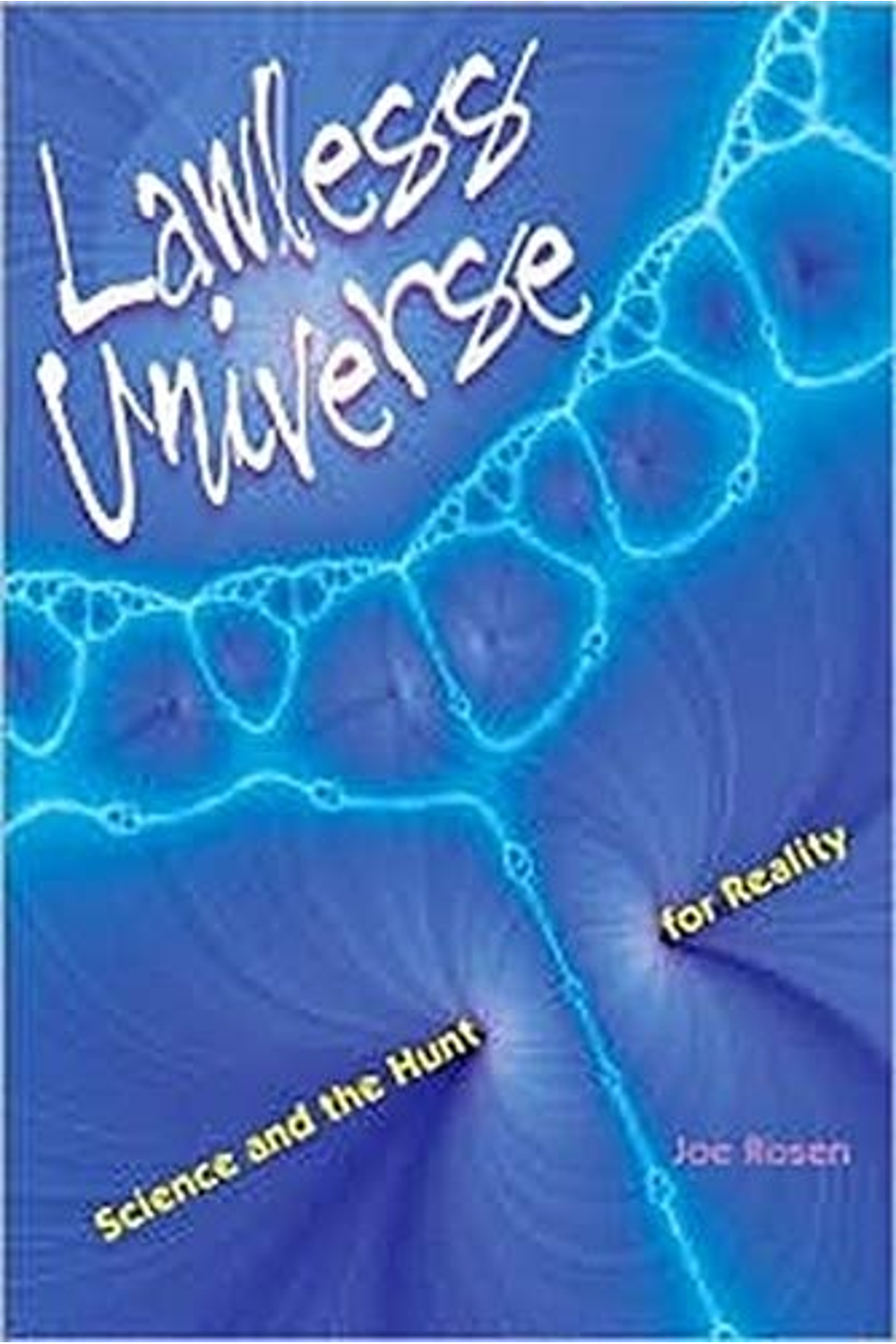Dive into a compelling exploration of science’s boundaries with Joe Rosen’s “Lawless Universe: Science and the Hunt for Reality.” This thought-provoking book challenges the notion of science as the ultimate key to understanding the universe, arguing that a complete “Theory of Everything” remains elusive within the scientific method itself. Rosen, a respected physicist and philosopher, deftly navigates the intersection of science and metaphysics, suggesting that non-scientific modes of comprehension are crucial for grasping the totality of existence. He critiques popular science figures, not to diminish their contributions, but to highlight the potential for inadvertently crossing into metaphysical territory. Published by Johns Hopkins University Press, “Lawless Universe” offers a refreshing perspective for anyone intrigued by cosmology, the philosophy of science, or the limitations of scientific inquiry in the quest for ultimate reality. Rosen’s book is a powerful antidote to scientism, urging readers to consider the vital role of subjective experience and philosophical reflection alongside empirical observation. Explore the intriguing debate: Can science truly explain everything, or does understanding the universe require a more holistic approach? This book is a must-read for those seeking a deeper understanding of the relationship between science, philosophy, and the human quest for knowledge.
Lawless Universe: Science and the Hunt for Reality
19,46 $
In stock
Can science fully comprehend the whole of the material universe? Not according to Joe Rosen.
There is no question that advancements in scienceespecially in physicshave radically changed our concept of nature, revolutionizing our view of the universe, even of reality itself. Rosen argues, though, that the material universe in its entirety lies beyond science. Anyone who claims otherwise, who proposes a scientific Theory of Everything to explain all aspects and phenomena of nature, only misleads and misinforms.
Taking scienceand the scientific methoddown a peg, Rosen asserts that any understanding of the whole universe, if it is to be found at all, can come only from outside science, from nonscientific modes of comprehension and insight. He believes that popularizers of sciencethink Stephen Hawking and Richard Dawkinsare mistaken when they declare that science is on the verge of unlocking all the secrets of the universe. Perhaps without realizing it, they have crossed into the realm of metaphysics in an attempt to explain the unexplainable.
In Lawless Universe Rosen explores just how far science can go in comprehending nature. He considers the separatebut entangleddomains of science and metaphysics and examines the all-too-often ignored boundary between the objective and the subjective.
Thought-provoking and controversial, Lawless Universe is a complement to, even an antidote for, books that create the misimpression that science can explain everything.
Related products
The Legacy
13,14 $
- Additional information
- Currencies
- USD – United States dollar
- EUR – Euro
- GBP – Pound sterling
- CNY – Chinese yuan
- BRL – Brazilian real
- MXN – Mexican peso
- JPY – Japanese yen
- PHP – Philippine peso
- THB – Thai baht
- PLN – Polish złoty
- CAD – Canadian dollar
- MYR – Malaysian ringgit
- AUD – Australian dollar
- TWD – New Taiwan dollar
- CZK – Czech koruna
- SEK – Swedish krona
- HUF – Hungarian forint
- ILS – Israeli new shekel
- CHF – Swiss franc
- HKD – Hong Kong dollar
- DKK – Danish krone
- SGD – Singapore dollar
- NOK – Norwegian krone
- NZD – New Zealand dollar





